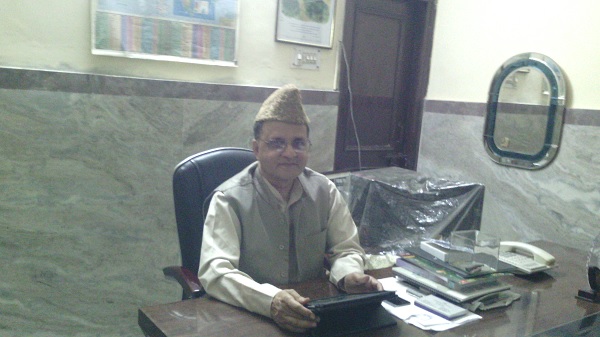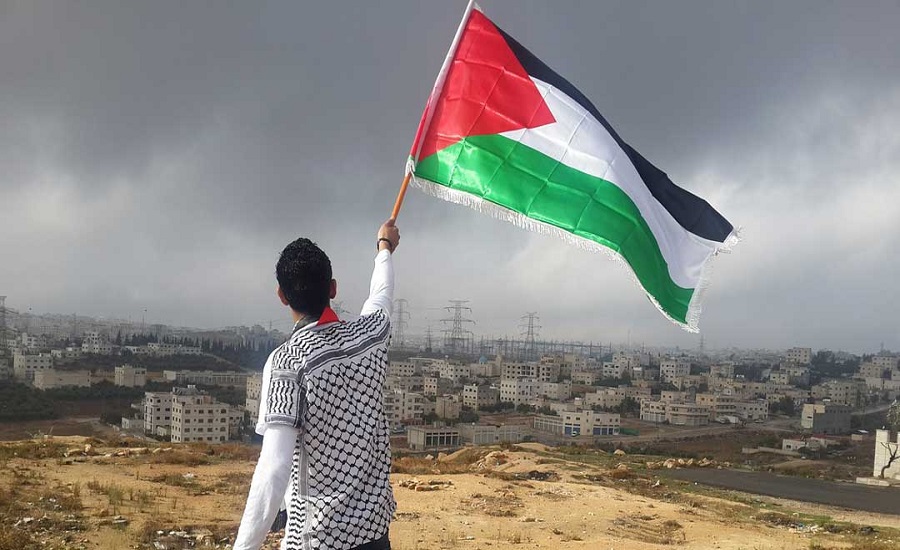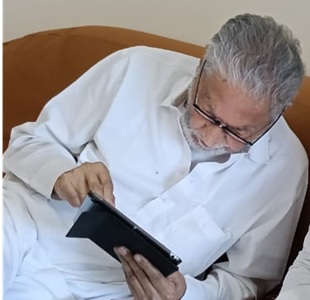Dr Syed Zafar Mahmood
President, Zakat Foundation of India
A new term ‘Pasmaanda Musalman’ has been floated in recent times. However, it does not yet have a legislatively created nor judicially accepted definition. So far, at the most, it is a talking point without committing any restoration of justice to any section of the community.
We can well recall that the term ‘scheduled caste’ owes its genesis in theology. And, its etymological development spanned many millennia. Still the term consumed decades, approaching a century, to be understood with consensus and to be recognized as a well defined entity attracting constitutional provision, subsequent legislation and sinking (though not fully as yet) into the national psyche.
Contrarily, the term ‘Pasmaanda Musalman’ has neither scriptural support nor a recorded historical background. One can imagine the colossal timeframe required for this budding term for taking shape, formalizing its contours and for it to transcend the societal constraints.
Yes, ‘Pasmaanda’ is an Urdu word meaning a person who is deprived of the social and financial status enjoyed by many others in the polity. Nobody would disagree that such category of citizens deserves special consideration.
A remedy has been provided through Article 15(4) of the Constitution of India empowering the legislature to enact law for the advancement of any socially or educationally backward classes of citizens.
Likewise article 16(4) authorizes reservation of appointment or posts in favor of any backward class of citizens which, in the opinion of the State, is not adequately represented in the services under the State.
Article 342A authorizes the President to specify such socially and educationally backward classes and the Parliament to make variation in such list. Persons in these lists enjoy 27% reservation quota with respect to the seats in government jobs & institutes (including IIMs and IITs) and relaxation in cut off age & merit required for participating in the competitive process.
Article 46 requires the State to promote with special care the educational and economic interests of the weaker sections of the people and to protect them from social injustice and all forms of exploitation.
From out of the Muslim community, the central and state lists of ‘other backward classes’ (OBCs) currently include Mehtar, Noorbash, Dhobi, Hajjam, Siddi, Jolaha, Dhunia, Kasab, Gaddi, Halalkhor, Bhangi, Teli, Rangrez, Darzi, Chik, Kunjra, Ghasiara, Ghosi, Kasai, Khatik, Kumhar, Lohar, Memar, Raj, Mirasi, Nai, Bhishti, Saqqa, Faqir, Kumhar, Mochi, Ghanchi, Pinjara, Baghban, Bharbhunja, Madari, Bhand, Bhatiara, Manihar, Kamboh, Laskar, Majhi, Piyada, Mali, Khalasi, etc. The actual lists of such classes recognized as ‘Backward’ for purposes of receiving special dispensation are much longer.
In addition, through the 103rd constitutional amendment of 2019 the economically weaker sections (EWS) have been given additional reservation in educational institutions and employment.
Both of these categories (OBC & EWS) are religion-neutral.
Thus, along with the people of other faiths, the backward (also known as Pasmaanda) Muslims too are eligible for special privileges that are available to the backward classes of citizens under the categories of OBC and EWS.
What is required is social activism to make sure that all Pasmaanda Muslims are included in and do receive the statutory benefits under the OBC and EWS categories.
There is a third related factor. Under Part XVI of the Constitution, reservation (earmarking of certain seats) in legislature, executive, judiciary and in the educational institutions has been provided for what is known by the term ‘Scheduled Castes’ (SC). Parts IX & IXA provide for SC reservation in rural & urban local bodies. Article 341 of the Constitution authorizes the President of India to “specify the castes, races or tribes or parts of or groups within castes, races or tribes which shall for the purposes of this Constitution be deemed to be Scheduled Castes”.
However, the presidential Order of 1950, issued in compliance of Article 341, exceeded its constitutional mandate. In addition to specifying ‘the castes, races or tribes’ to be treated as ‘Scheduled Castes’, this Order also said (para 3) that “no person who professes a religion different from the Hindu religion shall be deemed to be a member of a Scheduled Caste”. Later, through parliamentary resolutions of 1956 and 1990 the Sikh and Buddhist religions were added to such category of privileged faiths in India.
Thus, followers of Islam, Christianity, Judaism and Zoroastrianism were excluded from the benefit of reservations meant for ‘Scheduled Castes’.
For proper appreciation of this unconstitutional discrimination one needs to go deeper into the related historical record. Details are available in “Constitutional definition of Scheduled Castes was fudged by the executive order of 1950” by Shyam Sundar Singh and Nagesh C Rana. There is every ground for the Hon’ble Supreme Court to take cognizance of this abomination and restore constitutional justice to the people of India.
Meanwhile, there is ground to rethink if the new term ‘Pasmaanda Musalman’ would really be of any help to the backward sections among Muslims of India ……….. or we need to re-supplicate:
Ihdinas siraatal mustaqeem (O Lord ! Show us the straight path).






0 Comments